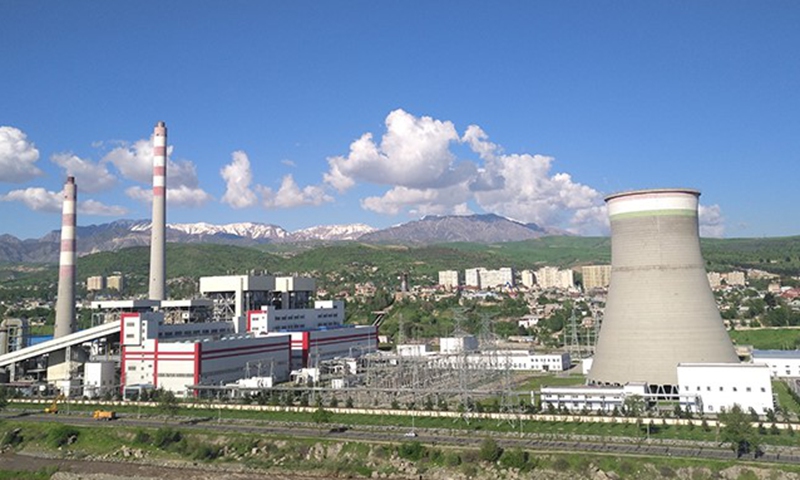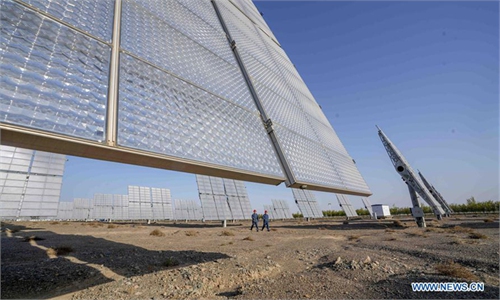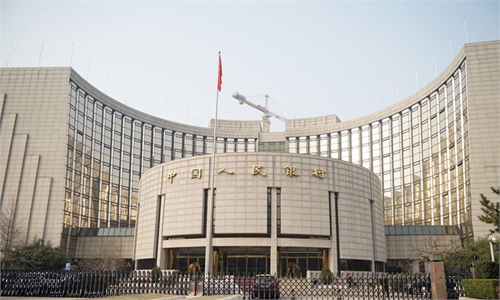
Dushanbe No.2 thermal power plant
China and the US have announced that they would ramp up efforts to reduce methane emissions, as part of broad cooperation in tackling climate change, drawing widespread attention to potential joint efforts by the world's two biggest economies to reduce emissions of a major greenhouse gas.
Though there had been differences between the two countries on efforts to reduce methane emissions, which could have profound implications for several crucial sectors, industry experts said on Thursday that there are sufficient room for the two sides to cooperate, including industrial standardization, policy formulation and certain technologies.
At the ongoing COP26 climate change summit in Glasgow, Scotland, China and the US announced the signing of the China-US Joint Glasgow Declaration on Enhancing Climate Action in the 2020s, the Xinhua News Agency reported on Thursday.
In the declaration, the US cited domestic targets to reduce methane emissions, and China announced its own plans for a "comprehensive and ambitious National Action Plan on methane", aiming to achieve significant emissions control and reductions in the 2020s, according to Xinhua.
Experts applauded the joint declaration by the world's two largest economies on the issue of methane emissions, believing that such cooperation is not only very necessary and urgent but also full of potential, with concrete outcomes expected.
Methane is the second-largest type of greenhouse gas, accounting for about 17 percent, compared with 80 percent for carbon dioxide, Pan Jiahua, director of the institute of eco-civilization studies at the Beijing University of Technology, told the Global Times on Thursday.
Given the potential for temperature increases due to methane is 21 times that of carbon dioxide, its impact on global warming is relatively large, Pan said, highlighting the importance of reducing methane emissions.
Reducing methane will also have a faster inhibitory effect on the global warming situation, because "compared with carbon dioxide, methane is easier to decompose, and the source of its emissions is also easier to control," Ma Jun, director of the Beijing-based Institute of Public and Environmental Affairs, told the Global Times on Thursday.
More than 95 percent of the methane emitted as a result of human activities comes from three industries. Fossil fuel industry emissions account for about 35 percent, waste treatment takes 20 percent, and methane emissions from agriculture and animal husbandry take 40 percent, a report released by the UN Environment Program and Climate & Clean Air Coalition in May showed.
Given the special characteristics of methane, experts believe there will be plenty of room for China and the US to cooperate to reduce emissions, including policy communication, industrial standardization and technologies.
Lin Boqiang, director of the China Center for Energy Economics Research at Xiamen University, said that China and the United States are expected to strengthen cooperation in areas such as clean energy technology research and development and innovative business models.
However, Lin told the Global Times that while the joint declaration marks a sound first step for cooperation, the US also needs to be fair and respect China's own development plan in such cooperation efforts.
"China and the US may hold meetings in the future to discuss specific cooperation details, including setting a series of standards to limit the methane produced by fossil energy and waste such as landfills and garbage disposal," Ma said.
China and the US intend to convene a meeting in the first half of 2022 to focus on the specifics of enhancing the measurement and mitigation of methane, including through standards to reduce methane from the fossil and waste sectors, as well as incentives and programs to reduce methane from the agricultural sector, according to the joint declaration.
"Limiting agricultural methane emissions, which are increasingly becoming another important source of emissions, due to the growing expansion of the aquaculture industry, will be a focus in future cooperation," Ma said.
Before the joint declaration, China has already taken proactive approach to reduce methane emissions, including adding relevant efforts in the 14th Five-Year Plan period (2021-25).


